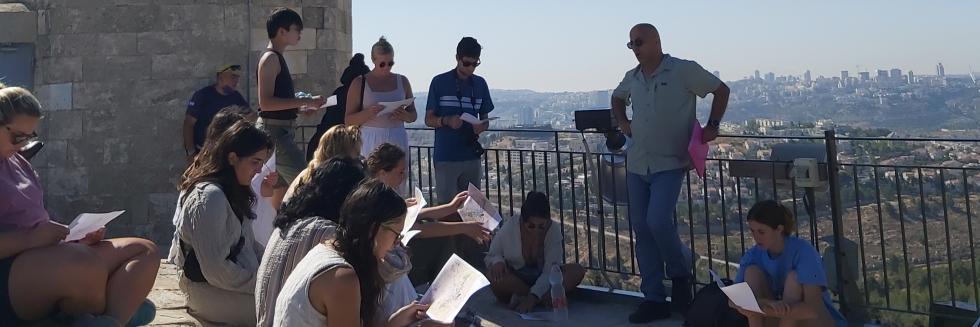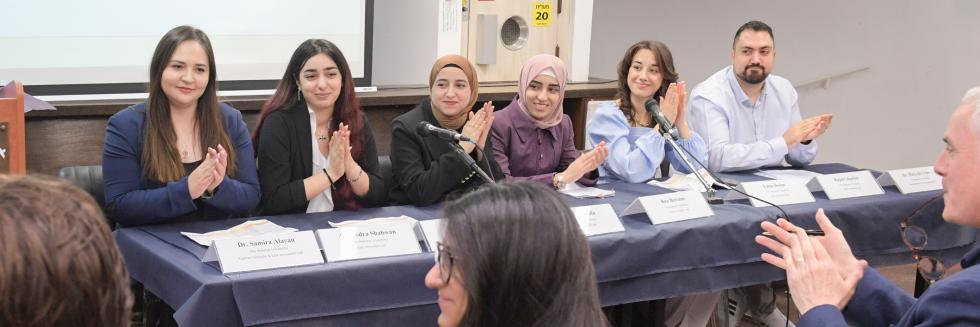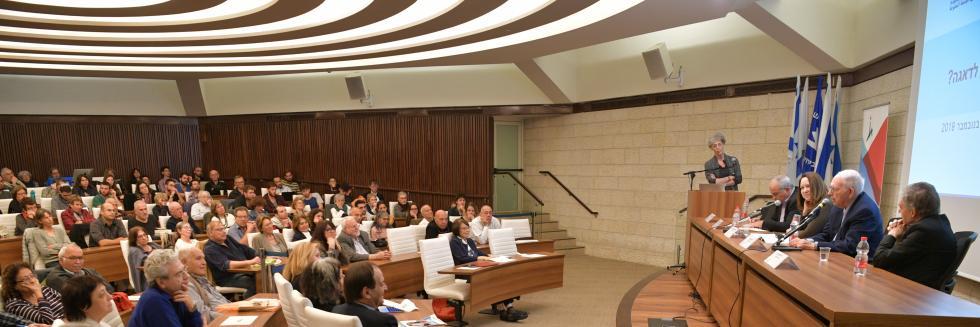Group Members: Dr. Zohar Kampf, Dr. Alexandra Herfroy-Mischler, Dr. Elie Friedman and Dr. Amira Halperin
The Role of Blame in Peace Negotiations Failure:
A Longitudinal Textual and Media Coverage Analysis of the Israeli-Arab Peace Process (1937-2003)
The proposed research aims to understand the relationship between the expectations of the various actors in a peace process and the use of 'blame' when peace negotiations fail. Utilizing discourse and media studies perspectives, the purpose of this study is twofold: 1. To understand the reason for using blame in peace negotiations failure; 2. To identify which specific actors are using blame and how blame discourse is characterized within media coverage. In order to reach these goals we ask the following research questions: How and why do actors and mediators use blaming strategies during peace negotiations failure? Which actors use blames and how is blame discourse characterized by the media coverage?
The research method proceeds in two steps. First we look at official documents produced throughout the Israeli-Palestinian Peace Process such as The Peel Commission (1937); the Resolution 181(II) on 29/11/1947; the Resolution 242 on 22/11/1967; Oslo Accords I and II (1993 and 1995); The Road Map for Peace (2003); The Arab Peace Initiative (2002) and the Geneva Initiative (2003). Official peace resolution texts aim at solving conflicts by identifying what both actors need to perform in order to achieve sustainable peace. Once agreed upon, the official text, acting as a fundamental cornerstone, ceases de facto wars and conflicts and at the same time sets the tone for post-conflict relationships. Based on this knowledge, one can trace if and how these expectations are interpreted by each side's media accurately, and how such interpretation may lead to a failure of the process.
The second step of the research consists of a comparative content analysis of a liberal and a conservative newspapers coverage of the countries involved during each peace proposal/agreement a week prior and a month after the studied event. So doing, our coding will contribute to identify if, why and how the categories of blaming evolve through Time (1937-2003) and space (UK, France, USA, Germany, Israel, Palestine).
The research will contribute to identify the various actors who utilize blame as well as the reasons behind the use of blame by actors and mediators at time of peace negotiations and peace negotiation failure. The overall concrete contribution will be to identify practical solutions as to how professional journalism could contribute positively to the dynamic of the Israeli-Arab peace process by framing alternatively the peace negotiation failure.





